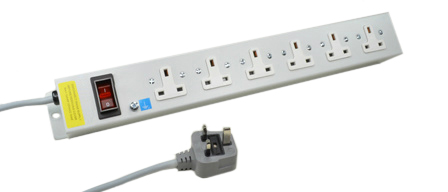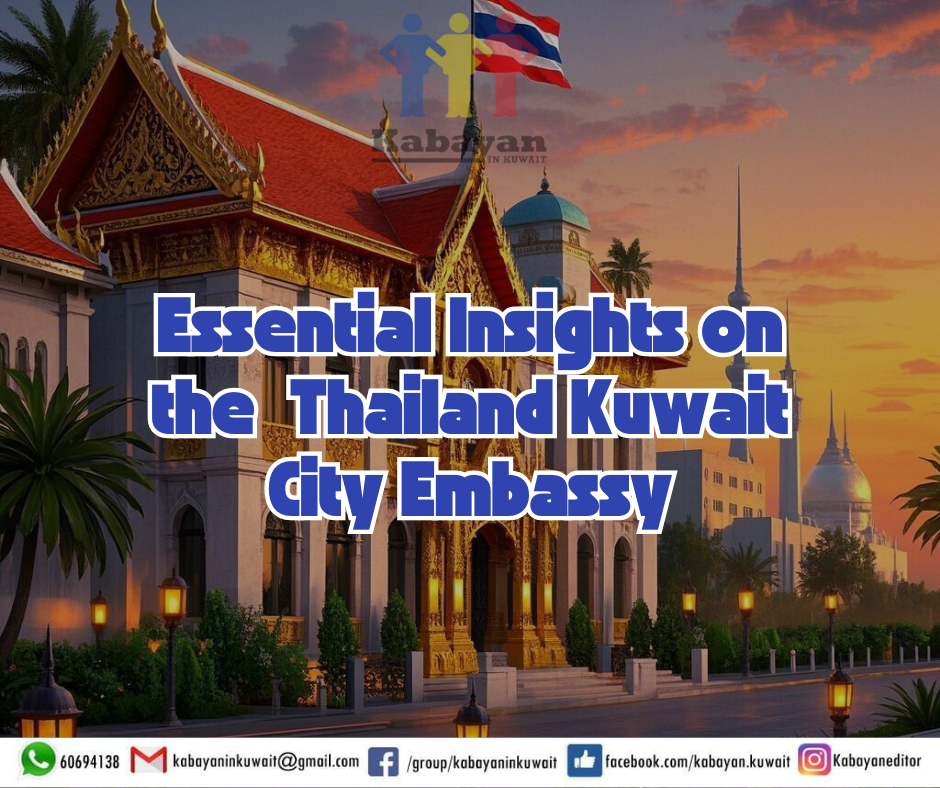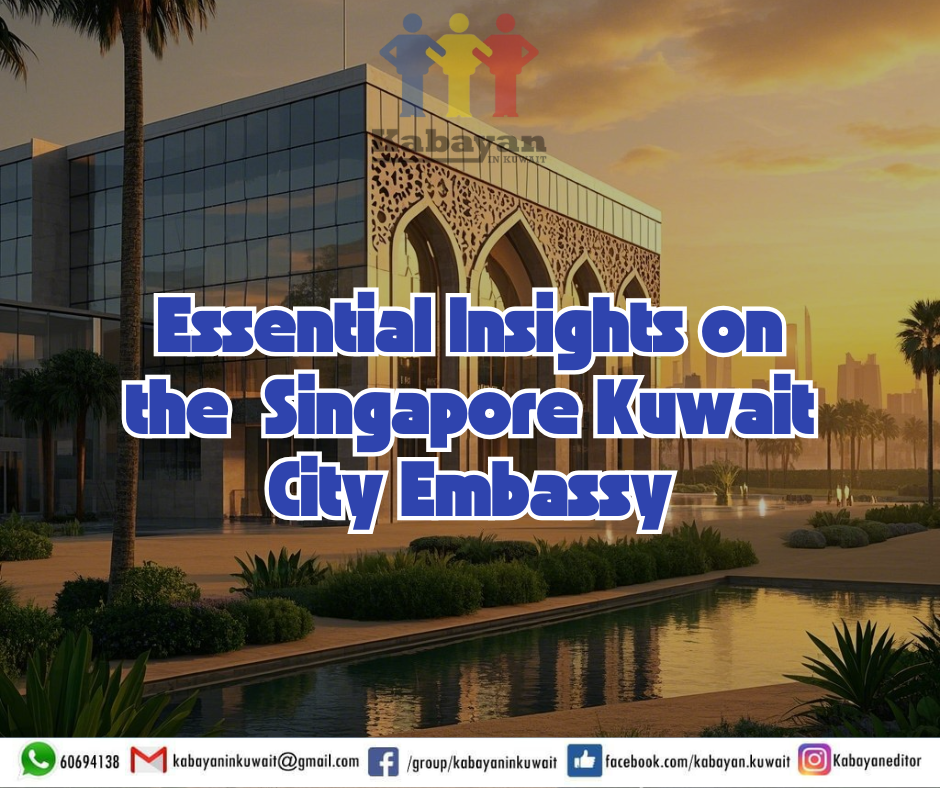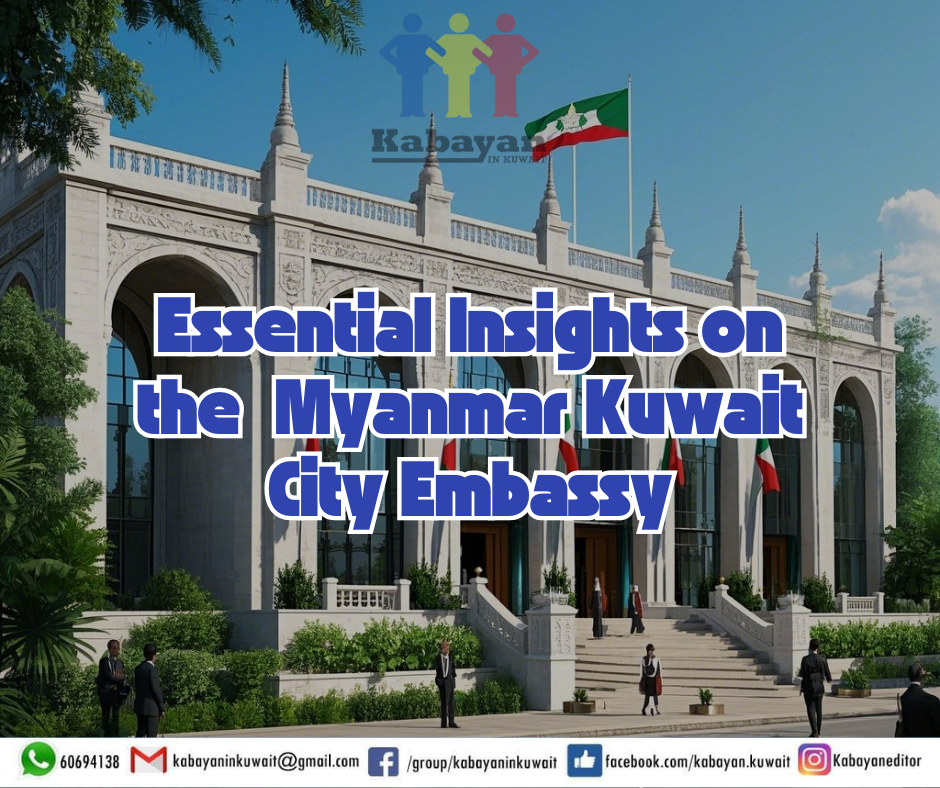Kuwait Plug Type Power Outlet Adapter
In the Persian Gulf, nestled between Saudi Arabia and Iraq, lies the fascinating country of Kuwait. This small yet culturally rich nation is home to a variety of historical and cultural landmarks that attract visitors from around the globe. If you’ve never been to Kuwait, you are certainly missing out on a wealth of experiences and attractions! Among the must-see landmarks are the iconic Kuwait Towers, the majestic Grand Mosque, and the insightful Kuwait National Museum.
Other popular attractions include Al Hamra skyscraper, Kuwait Zoo, Al Shaheed Park, and Failaka Island. Of course, before coming to Kuwait, you need to make sure that you’ve packed all the essential items, including the correct travel adapter!

What is the Electrical Outlet Power Socket in Kuwait?
Just like every other country, Kuwait has a standard type of plug and socket that residents and visitors use. The standard plug and socket in Kuwait is Type G, which contains three rectangular pins arranged in a triangular pattern. This plug type is also known as the British or “UK plug” since it originated from the United Kingdom. You will find that many countries in the Arabian Peninsula and beyond use this plug type.
Here’s what the Type G plug and socket look like:

In terms of voltage and frequency, power sockets in Kuwait operate on a standard voltage of 240V and a frequency of 50Hz. This standard is quite common in countries across the Middle East and Europe.
What is the Plug Adapter Type in Kuwait?
As mentioned, the standard type of power plugs and sockets in Kuwait is Type G. If your devices, such as mobile phones, tablets, and laptops, do not use this type of plug, you will need a Type G travel adapter. A Type G adapter is essential to ensure you can charge and use your devices without any issues.
Here’s what a Type G plug adapter looks like:

Where Can I Buy Electrical Supplies in Kuwait?
Finding electrical supplies in Kuwait is easy and convenient. You can purchase travel adapters, extension cords, power strips, and other electrical supplies at various locations, including the airport, shopping malls, supermarkets, and convenience stores. While airport shops are convenient, they often charge higher prices, so it’s advisable to buy these items from stores outside the airport to save money.
Travel Adapter vs. Voltage Converter
It’s crucial to understand the difference between a travel adapter and a voltage converter to avoid damaging your devices:
- Travel Adapter: A travel adapter allows you to plug your device into a different type of socket. It does not convert voltage; it simply changes the plug type to fit the local sockets.
- Voltage Converter: A voltage converter changes the voltage of the electricity to match the requirements of your device. For example, if your device operates on 100V-120V, you’ll need a voltage converter to use it in Kuwait, where the voltage is 240V.
Should I Bring a Travel Adapter to Kuwait?
Whether you need a travel adapter depends on the plug type used in your country. If your country uses Type G plugs and sockets, you won’t need a travel adapter in Kuwait. However, if your country uses a different plug type, bringing a Type G travel adapter is essential.
Should I Bring a Voltage Converter to Kuwait?
Each country has its standard voltage and frequency. In Kuwait, the standard voltage is 240V, and the frequency is 50Hz. If your home country’s standard voltage is different, especially if it ranges from 100V to 120V as in North and South America, you’ll need a voltage converter to safely use your devices in Kuwait.
What About Devices with Dual Voltage?
Some devices are designed to handle multiple voltages and are known as dual voltage devices. These gadgets can be used with power sockets of any voltage or frequency. To check if your device is dual voltage, look for a label that says “INPUT: 100-240V” and “50/60Hz.” If your device is dual voltage, you won’t need a voltage converter, but you may still need a travel adapter to fit the local sockets.
Video: Why Do Countries Use Different Plugs?
Understanding why different countries use different plugs can be quite intriguing. Here’s a video from the YouTube channel “KhAnubis” that explains the reasons behind this variation, offering insights into global plug standards.
Frequently Asked Questions (FAQs)
Here are some commonly asked questions about power sockets, plugs, and travel adapters in Kuwait:
- What type of power sockets are used in Kuwait?
- Kuwait uses Type G sockets, which have three rectangular pins arranged in a triangular pattern.
- What type of adapter do I need?
- You will need a Type G travel adapter if your devices do not use this plug type.
- Any tips when buying a travel adapter?
- Look for features like fast charging, multiple USB ports, and compatibility with your devices’ power requirements.
- Will I need a voltage converter?
- If your country’s standard voltage is different from 240V, you will need a voltage converter.
- Is the Kuwait plug the same as in the US?
- No, the US uses Type A and Type B plugs.
- Is the Kuwait plug the same as in the UK?
- Yes, Kuwait and the UK both use Type G plugs.
- What other countries use Type G plugs?
- Countries using Type G plugs include Bahrain, Qatar, the UAE, and many others.
- Will my hotel room have a USB socket?
- Some newer hotels may have USB sockets. It’s best to check with your hotel beforehand.
- Where can I buy electrical supplies?
- Electrical supplies can be found in shopping malls, supermarkets, and convenience stores.
- Do I need to bring a power strip?
- If you are traveling with a group and need to charge multiple devices, a power strip can be useful.

Summary
A trip to Kuwait offers a rich blend of historical and modern attractions. From the Kuwait Towers to the bustling souks and serene beaches, there’s something for everyone. Ensuring that your devices stay charged is crucial, and with the right Type G travel adapter and, if necessary, a voltage converter, you can keep your electronics powered throughout your trip. Enjoy your visit to Kuwait and make the most of its unique cultural and natural beauty!
To read more articles like this: Click here!







